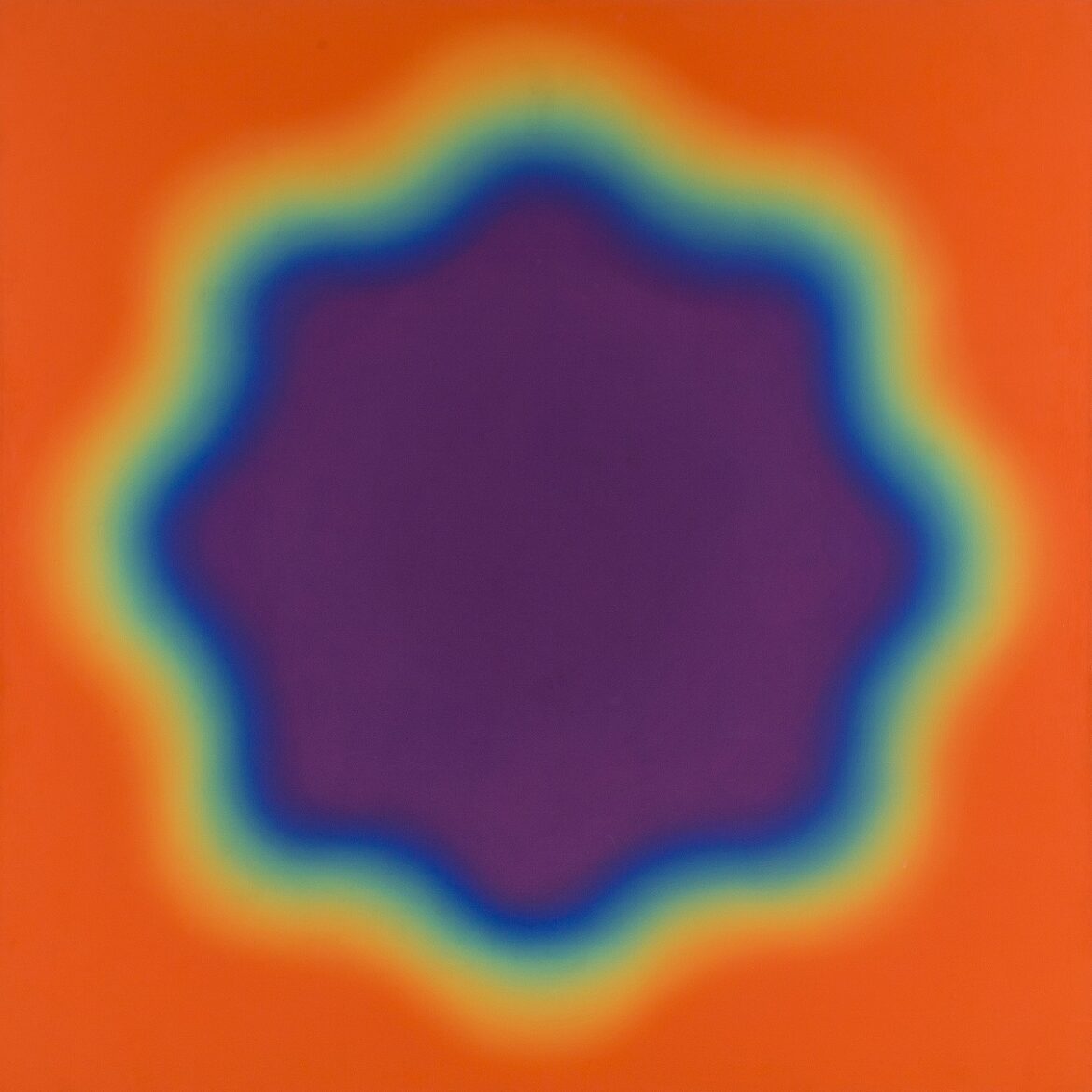The National Museum in Gdańsk is showcasing the works of Wojciech Fangor. The exhibition ‘Fangor. Beyond the Image’ presents over 100 paintings and 90 drawings, posters and sculptures from all periods of the artist’s work.
“We propose to read Fangor’s well-known oeuvre (abstractions from the 1950s, 1960s and 1970s) anew – in the light of careful and profound retrospection. The artist’s earliest works, as well as those from the first decades of his oeuvre – from the late 1930s and the war period, when he started to learn drawing and painting, through the post-war years and the socialist realist period, to the radical break with figurativeness and the 1958 Study of Space – have been subjected to close study”, says the Gdansk Museum.
An important part of the exhibition are newsreels, private photographs and interviews with the artist, which immerse the works in a historical and biographical context. And this, for the narration of the exhibition and a better understanding of Fangor’s work, seems to be crucial: the artist’s interest from an early age and throughout his life in astronomy, the experience of the Second World War, being miraculously saved from being executed, the Stalinist regime that imprisoned the painter’s father with a death sentence, and emigrating for several decades in 1961.
Works such as Shooting (1948), The Scream, The Trial or The Palace of Culture (created during his socialist realist period but critical of the regime), or the gesture of a radical break with figuration after the thaw period to switch to optical experiments with the flat – allow a new reading of Fangor’s work. The so-called abstract period in the artist’s creative development, which is best known to the public, may turn out in this light to be much more than the extremely successful intellectual-painting experiment that brought him worldwide fame.
Thanks to the collaboration with the Wojciech Fangor Foundation, the exhibition also features works that are little known or even never shown, but which are important for a more comprehensive understanding of his work.
Arkadiusz Słomczyński





